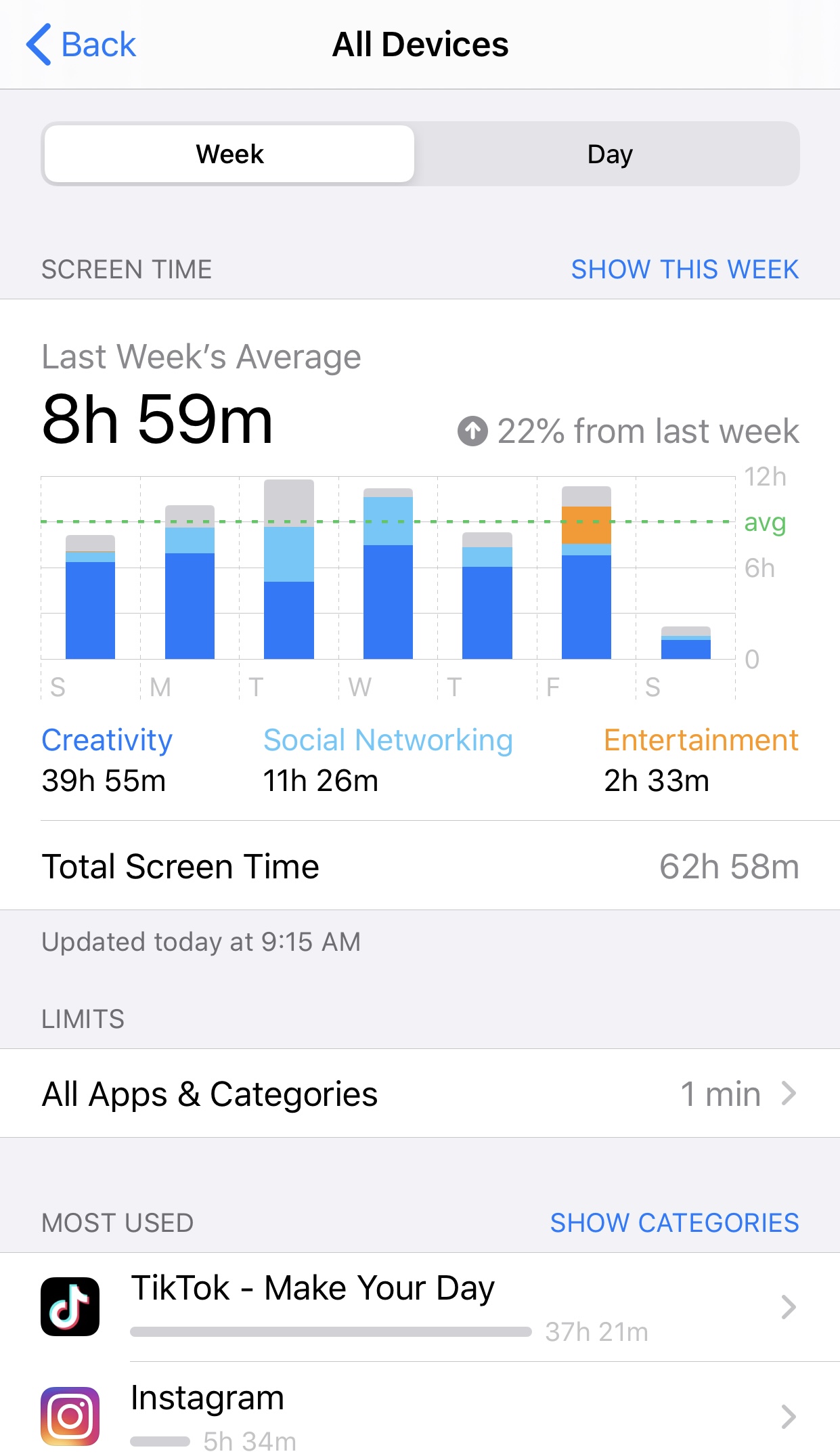




In today’s fast-paced world, men often find themselves juggling various responsibilities – from career demands to family commitments. Amidst this hectic lifestyle, one crucial aspect that tends to take a backseat is men’s health. It’s not uncommon for men to neglect their well-being, prioritizing everything else over their own health needs. However, it’s essential to recognize that maintaining good health isn’t just about personal well-being; it’s about being there for the ones we love the most – our families.
In this blog article, we’ll delve into why men should prioritize their health and explore some practical strategies to help them do so effectively.
Be There for Your Family: One of the most compelling reasons for men to prioritize their health is to be there for their families in the long run. Whether it’s providing emotional support, financial stability, or simply being present for important milestones, maintaining good health ensures that men can actively participate in their family’s lives.
Set a Positive Example: As fathers, husbands, and role models, men play a significant role in shaping the health habits of their families. By prioritizing their own health, men set a positive example for their children and loved ones, emphasizing the importance of self-care and preventive healthcare practices.
Reduce Financial Burden: Neglecting health can lead to chronic illnesses and medical emergencies, resulting in significant financial strain on families. Prioritizing preventive care and adopting a healthy lifestyle can help mitigate these risks, saving both money and stress in the long term.
Regular Health Check-ups: Schedule regular visits to your healthcare provider for check-ups and screenings. These appointments are crucial for early detection of any health issues and can help you stay proactive about your well-being.
Healthy Lifestyle Choices: Incorporate regular exercise, balanced nutrition, and sufficient sleep into your routine. Aim for at least 150 minutes of moderate-intensity exercise per week and prioritize whole foods, fruits, vegetables, and lean proteins in your diet.
Manage Stress: Chronic stress can have detrimental effects on both physical and mental health. Practice stress-reduction techniques such as mindfulness, meditation, or hobbies that you enjoy to help manage stress effectively.
Stay Connected: Don’t underestimate the importance of social connections for your overall health. Maintain strong relationships with family and friends, and don’t hesitate to seek support when needed.
Know Your Numbers: Keep track of key health indicators such as blood pressure, cholesterol levels, and body mass index (BMI). Understanding your health metrics can help you make informed decisions about your lifestyle and healthcare needs.
Quit Unhealthy Habits: If you smoke or consume alcohol excessively, take steps to quit or moderate these habits. Smoking and excessive drinking are major risk factors for various health conditions, including heart disease and cancer.
Prioritize Mental Health: Mental health is just as important as physical health. Seek professional help if you’re struggling with anxiety, depression, or other mental health issues. Remember, it’s okay to ask for help when you need it.
In conclusion, prioritizing men’s health is not just a personal responsibility but a crucial commitment to the well-being of our families and loved ones. By taking proactive steps to maintain good health, men can ensure they’re around for the moments that matter most. So let’s make our health a priority, not just for ourselves but for the ones we hold dear. After all, a healthier you means a happier and more fulfilling life for everyone around you.








